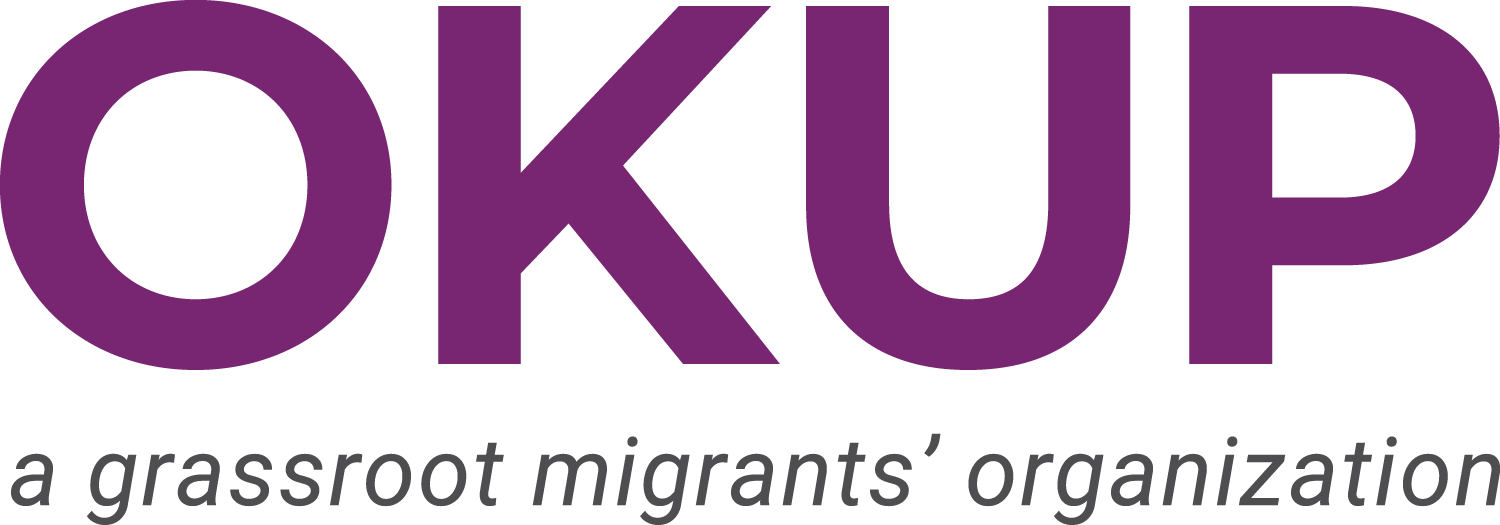About
Modern slavery – an umbrella term for several types of exploitation, including forced labour, and its forms, forced marriage, and human trafficking – and its enabling factors are complex and still poorly understood. This is especially true in the context of climate change, including climate-induced migration or immobility.
This poor understanding results in the absence of policies and programmes that adequately protect and support people who are especially vulnerable, which enables the perpetuation of abuses and severe exploitation.
This website brings together the existing evidence on the link between climate change, migration and modern slavery. It aims to support informed decision making to reduce vulnerability to all forms of modern slavery, specifically in the context of climate change. We will add resources as new research and information becomes available.
This is a starting point. We need to continue to gather evidence and conduct research on specific contexts. We need to listen to the voices of those directly affected by climate change events and the consequences they experience.
Partners
This global resource hub was developed by a partnership of Anti-Slavery International, the International Institute for Environment and Development (IIED) and Ovibashi Karmi Unnayan Program (OKUP).
Anti-Slavery International works to secure freedom for everyone, everywhere, always. It work with survivors of modern slavery, partner organisations, responsible businesses, governments and supporters to challenge and change the systems that enable modern slavery to exist, in whatever form – including human trafficking, child slavery and forced labour.
Drawing on its campaigning experience – built up over more than 180 years – the organisation aims to make sure slavery is everyone’s concern.
IIED is an international policy and action research organisation, working across the globe with local, national and international partners.
It finds innovative solutions to the world’s most pressing sustainable development challenges – solutions that improve livelihoods and protect the environments on which they depend.
The institute specialises in linking local priorities to global challenges, working with marginalised people to ensure their voices are heard in the decision-making arenas that affect them – from village councils to international conventions.
OKUP is a community-based migrant workers’ organisation in Bangladesh. It operates on the principle of giving priority to human rights, gender justice, child protection and non-discrimination.
OKUP’s vision is to create an enabling environment for migrant workers across borders, and irrespective of gender and legal status. It works to promote informed migration by choice, ending labour trafficking, forced labour and slavery.


